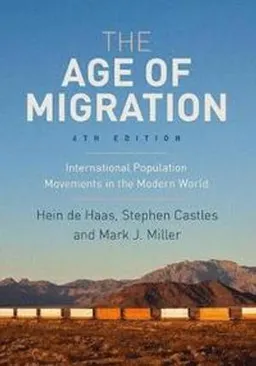Economic Sociology provides the clearest and most comprehensive account of the promises of economic sociology. It shows how economies are more than supply-and-demand curves, individual profit motives, and efficient performance: they are forms of power and structure, grounded in institutions and culture. What is calculated, how, and why? Are profit and efficiency always so central to economic structures and outcomes? What shapes change and reproduction in economic practices and policies? How have classes and states, using power and institutions, created and continue to shape the economic world we live in? This second edition presents a critical and sophisticated, yet approachable analysis of economic behavior and phenomena.
After describing key concepts and logics of economic sociology and of economic sociology (its eternal cousin and competitor), Hass turns the sociologist’s analytic eye to the heart of economic practices comparing how they work in the United States, Europe, East Asia, Latin America, and post-socialist Russia and China. The volume addresses crucially important economic issues that touch our well-being and justice: the rise and structuring of capitalism; relations between states and economies; economic policies; economies and inequality; and organizations and corporations. Causes and consequences of globalization and the Great Recession are laid out for the reader.
With economics and economic sociology placed side-by-side in this journey of how economies operate in the past and present, the reader gets different perspectives on economic reality. Power and culture, institutions and fields, classes and corporations interact on this historical and global stage. Written in a clear and direct style, this textbook will appeal to students and scholars in economic sociology, sociology of work, economics, social policy, political economy and comparative sociology
Åtkomstkoder och digitalt tilläggsmaterial garanteras inte med begagnade böcker





















